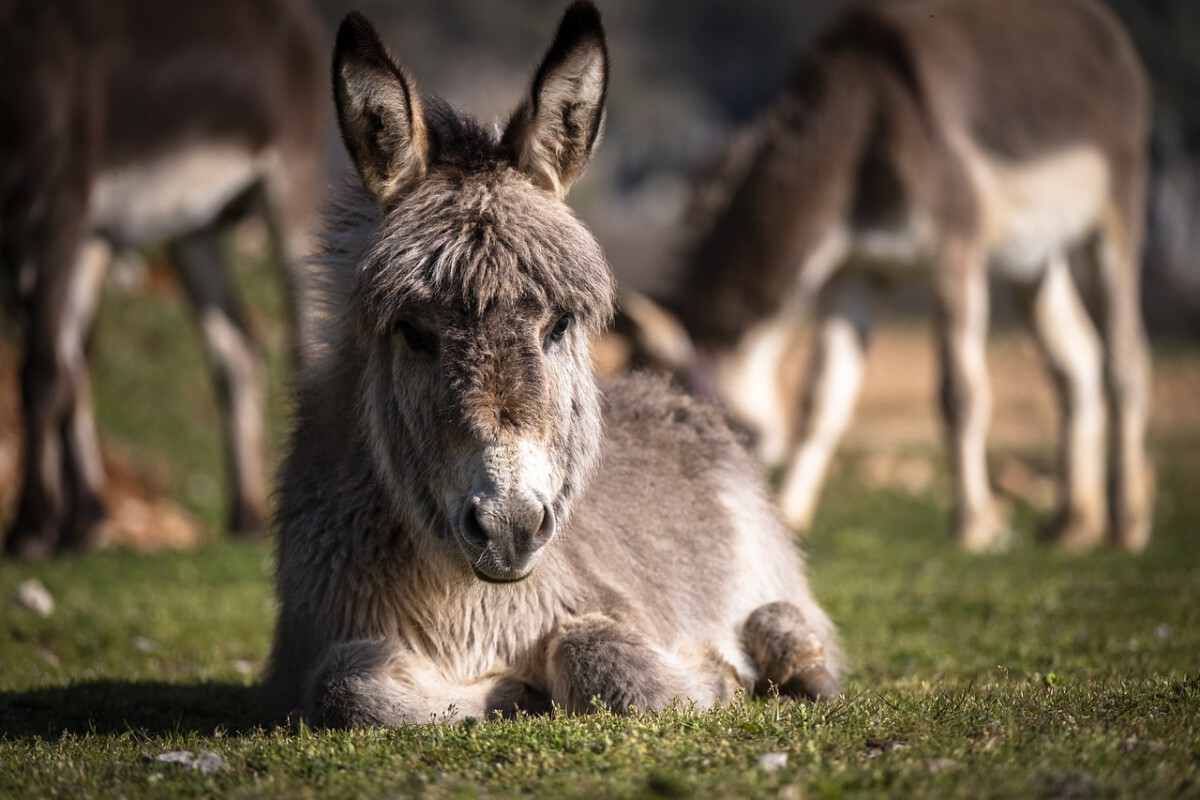Arkansas, known for its natural beauty and Southern charm, also has a legal landscape that might leave you scratching your head in disbelief. While laws are intended to maintain order and protect residents, some of these laws from bygone eras linger on the books, raising eyebrows and evoking laughter. In this article, we delve into ten peculiar laws that are still technically enforceable in Arkansas.
Alligators in Bathtubs: An Unlikely Resident

In a law that conjures images of a mischievous family pet gone wild, it is illegal to keep an alligator in a bathtub in Arkansas. Although it seems absurd today, one can only imagine that some brave soul once decided to bathe their scaly companion, prompting widespread concern and an eventual legislative ban. This law is a quirky reminder of how society reacts to unexpected living arrangements, emphasizing the community’s efforts to maintain safety and order.
No More Hunting in Fayetteville
In Fayetteville, a broad restriction is placed on hunting wild animals, protecting any warm-blooded creature typically found in the wild. While mosquitoes thankfully don’t fall under this banner, the law sheds light on a community’s commitment to preserving native wildlife. This regulation reflects changing attitudes towards animal rights and conservation, even in areas historically associated with hunting traditions.
Flirtation Punishable by Jail Time

In Little Rock, public flirtation between men and women could (technically) land you in jail for up to 30 days. A law that seems straight out of a Victorian novel hints at a bygone era where social decorum was heavily legislated. Today, such restrictions clash with modern views on personal freedom and social interaction, illustrating how societal norms have evolved.
Nature Under Control: The Arkansas River

A law as ambitious as it is unenforceable, dictates that the Arkansas River may not rise above the Main Street Bridge in Little Rock. This peculiar ordinance begs the question of accountability—who would face legal action when nature defies human control? It’s a law that highlights the futility of trying to subdue natural forces through legislation alone.
Bovine Restrictions on Main Street
Have a cow? In Little Rock, just ensure it’s not being walked on Main Street after 1 PM on Sundays. This law hints at a time when livestock might have been a common sight on city thoroughfares. Now, it serves as a quaint historical artifact, reminiscent of less urbanized days.
Pronunciation: A Matter of Law

Language lovers beware: mispronouncing Arkansas (think “Ar-Kansas” instead of “Ar-can-saw”) was once considered illegal. This law dates back to a resolution from 1881, born out of a debate among state legislators. Although enforcing pronunciation seems trivial today, this law underscores the importance of cultural identity and pride for states seeking to preserve their uniqueness.
Haircut Penalties for Educators
During the roaring 1920s, educators in Arkansas faced pay cuts if they dared to bob their hair. This stark look into gender norms reveals the conservative attitudes about women’s appearances during that era. Although laughable now, such rules remind us of the long road toward gender equality.
A Dark Glimpse into Spousal Abuse Laws

One law that strikes a chilling chord specifies that a man may not beat his wife more than once a month. Although it positions itself as a “restriction,” the mere existence of such a law highlights the deep patriarchal abuses tolerated historically. Thankfully, modern society universally condemns domestic violence and advocates strongly against it.
Rest for Donkeys (But Not in the Bathtub)

In Beebe, Arkansas, it’s illegal for donkeys to sleep in bathtubs after 7 PM. This oddly specific ordinance leaves room for plenty of speculation about its origins. Stories of donkeys wreaking havoc in household bathrooms perhaps reflect earlier rural lifestyles, where barnyard animals were closer to home.
Silencing Canine Chatter at Night
In Fayetteville, even man’s best friend faces restraints. Dogs barking after 6 PM violate one of the city’s unique ordinances. Although well-intentioned for peace-loving residents, enforcing this law puts an amusing twist on a classic tussle between pet ownership and community tranquility.
These curious laws raise intriguing questions about the role of obsolete statutes and how they shape perceptions today. They serve as excellent conversation starters and cultural reflections while reminding locals to question what societal values warrant legal protections.
While they likely won’t land you a ticket any time soon, these laws offer an entertaining peek into Arkansas’s colorful past. As our norms evolve, maybe it’s time these legislative relics take their place among tall tales instead of written rules.





